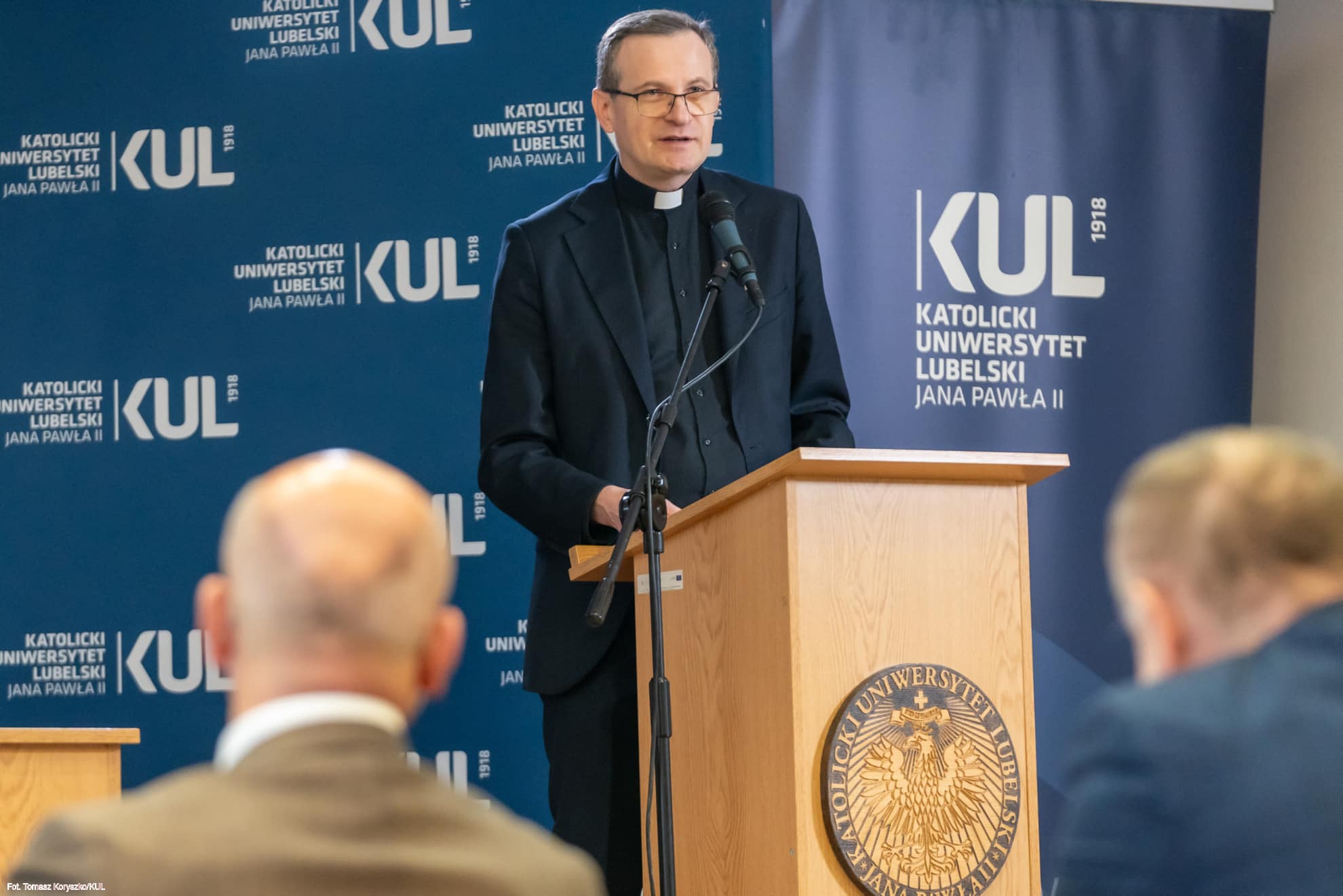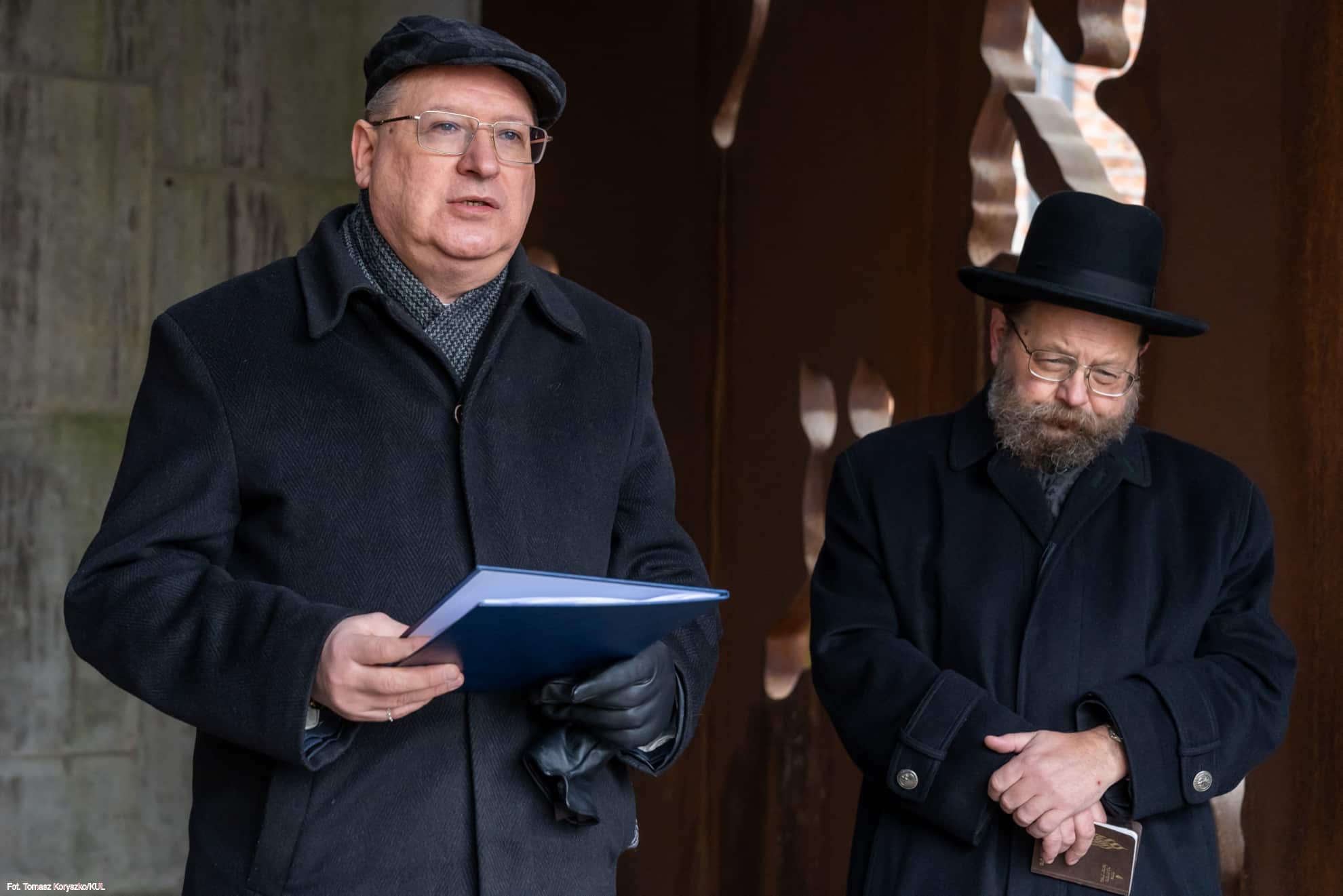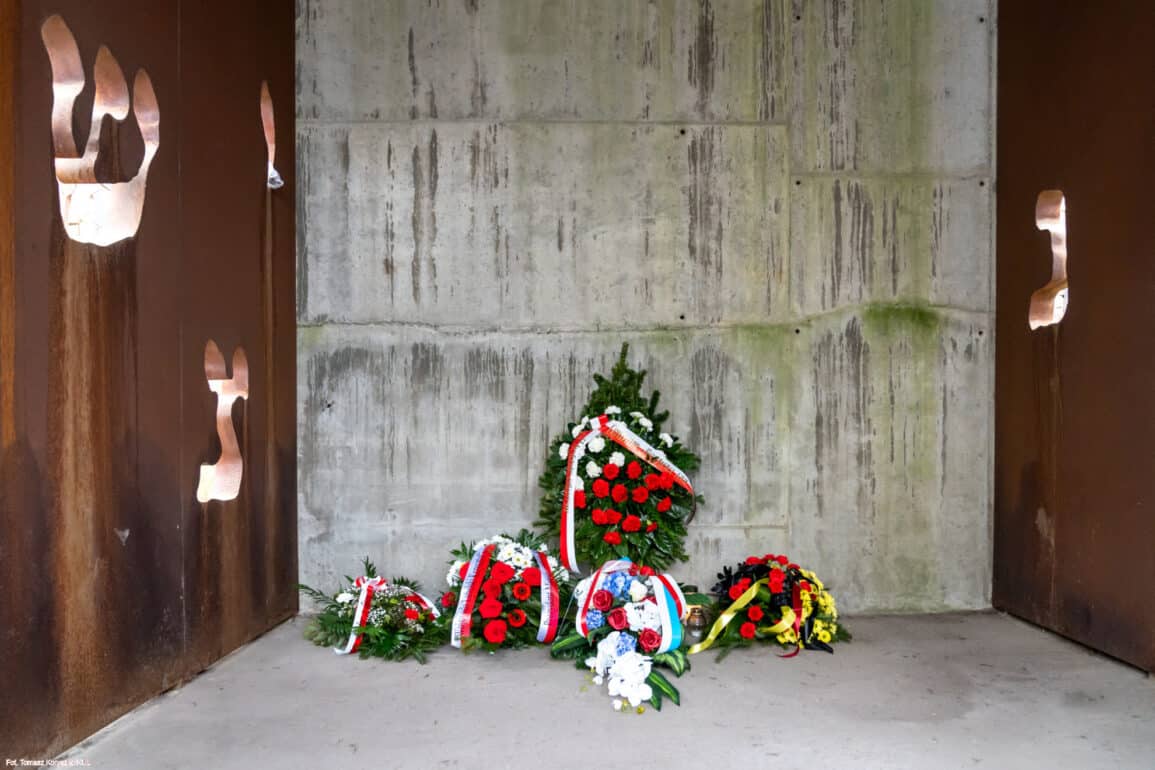“The memory of the Holocaust is difficult, but we must keep it alive so that history does not repeat itself,” said, referring to the words of St. John Paul II, the Director of the Heschel Centre of the Catholic University of Lublin, Fr. Marcin Kowalski, professor of the Catholic University of Lublin. On the 82nd anniversary of the liquidation of the Lublin Ghetto, the Centre organized a scholarly conference entitled “From the idea of a life ‘not worth living’ to an unimaginable crime.”

Opening the conference, Fr. Prof. Marcin Kowalski recalled that as a result of the Reinhardt Action, which began on the night of 16-17 March 1942, one-third of Lublin’s inhabitants were exterminated. The Jewish Quarter ceased to exist at that time and was turned to rubble. In this way, not only Lublin but also the whole of Poland lost a Jewish community that, for hundreds of years, had co-shaped Polish culture and social life and co-created Polish history. “It is our duty to remember them because it is also a remembrance of our history and our identity,” stressed the Director of the Heschel Centre of the Catholic University of Lublin.
The conference “From the idea of ‘life not worth living’ to unthinkable crime,” held on 18 March 2024 at the Catholic University of Lublin (KUL), was an opportunity to reflect on the mechanisms by which the totalitarian machine of the Third Reich deemed genocide on an unprecedented scale to be justifiable. “The criminal ideology first considered the lives of the mentally ill to be unworthy of respect, then of the crippled and the handicapped, the Roma, the Poles and the representatives of other Slavic nations, ending with the Jewish people,” pointed out Fr. Prof. Kowalski.

Referring to the words of St John Paul II, lecturer and patron of the Catholic University of Lublin, he stressed that although the memory of the Holocaust is difficult, we must keep it alive so that history does not repeat itself. And, given the warning signs in current war zones, history could repeat. “The seeds of destruction,” he said, “bear their harvest on the battlefields but sprout in silence in the minds of scientists and politicians, who also today divide human lives into those worth living and those not worth living in the name of a happier and more progressive society.”
He added that the Heschel Centre of the Catholic University of Lublin aims to build bridges in Christian-Jewish and Polish-Jewish dialogue. “We also spread them over our difficult past so that it becomes the foundation of a future based on respect for the other,” he stressed.
A solemn laying of flowers at the former Umschlagplatz monument preceded the conference. From there, the ghetto inhabitants were taken to the death camp in Belzec. A Christian-Jewish prayer for the victims was led by Fr. Prof. Mirosław Wróbel, the Plenipotentiary of the Rector of the Catholic University of Lublin for Catholic-Jewish relations and research in the Holy Land, and Cantor Symcha Keller.










